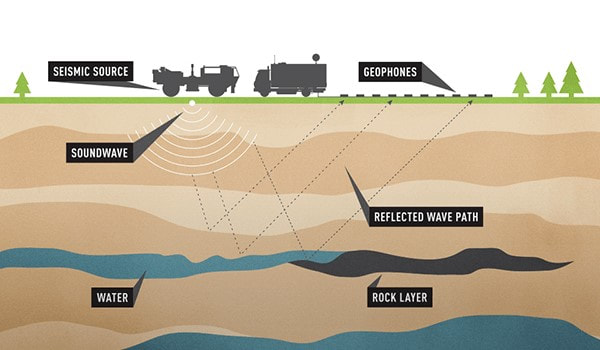All Categories
Featured
Table of Contents
Geophysical Survey in Koongamia Oz 2021
Time piece from 23 to 25ns. This last piece is now practically all blank, however a few of the walls are still showing strongly.
How deep are these pieces? Regrettably, the software I have access to makes estimating the depth a little challenging. If, nevertheless, the top 3 pieces represent the ploughsoil, which is probably about 30cm think, I would think that each piece has to do with 10cm and we are just getting down about 80cm in overall.

Fortunately for us, the majority of the sites we are interested in lie just below the plough zone, so it'll do! How does this compare to the other approaches? Contrast of the Earth Resistance information (leading left), the magnetometry (bottom left), the 1517ns time slice (top right) and the 1921ns time piece (bottom left).
Laurel Environmental Associates, Ltd - Geophysical Survey in Hamilton Hill Australia 2023
Magnetometry, as discussed above, is a passive strategy determining local variations in magnetism versus a localised zero value. Magnetic susceptibility study is an active strategy: it is a measure of how magnetic a sample of sediment could be in the existence of an electromagnetic field. How much soil is tested depends on the diameter of the test coil: it can be really little or it can be reasonably big.
The sensing unit in this case is very small and samples a small sample of soil. The Bartington magnetic vulnerability meter with a big "field coil" in use at Verulamium during the course in 2013. Leading soil will be magnetically enhanced compared to subsoils simply due to natural oxidation and decrease.
By measuring magnetic vulnerability at a reasonably coarse scale, we can discover locations of human profession and middens. We do not have access to a trusted mag sus meter, but Jarrod Burks (who helped teach at the course in 2013) has some outstanding examples. Among which is the Wildcat site in Ohio.
Geophysical Survey - Salisbury Archaeology in Rossmoyne Australia 2022
These towns are often laid out around a main open location or plaza, such as this reconstructed example at Sunwatch, Dayton, Ohio. The magnetic vulnerability study assisted, nevertheless, define the main area of profession and midden which surrounded the more open location.
Jarrod Burks' magnetic susceptibility study arises from the Wildcat website, Ohio. Red is high, blue is low. The technique is therefore of fantastic use in defining locations of general profession rather than recognizing particular features.
Geophysical surveying is an applied branch of geophysics, which utilizes seismic, gravitational, magnetic, electrical and electromagnetic physical approaches at the Earth's surface to measure the physical homes of the subsurface - Geophysical Surveys & Mapping - Ecs Limited in Australia 2021. Geophysical surveying methods typically determine these geophysical residential or commercial properties along with anomalies in order to assess numerous subsurface conditions such as the existence of groundwater, bedrock, minerals, oil and gas, geothermal resources, voids and cavities, and far more.
Latest Posts
Geological And Geophysical Surveys in Mullaloo Western Australia 2023
Geophysical Surveys & Mapping - Ecs Limited in Rockingham WA 2020
Marine Geophysicist in Iluka Aus 2020